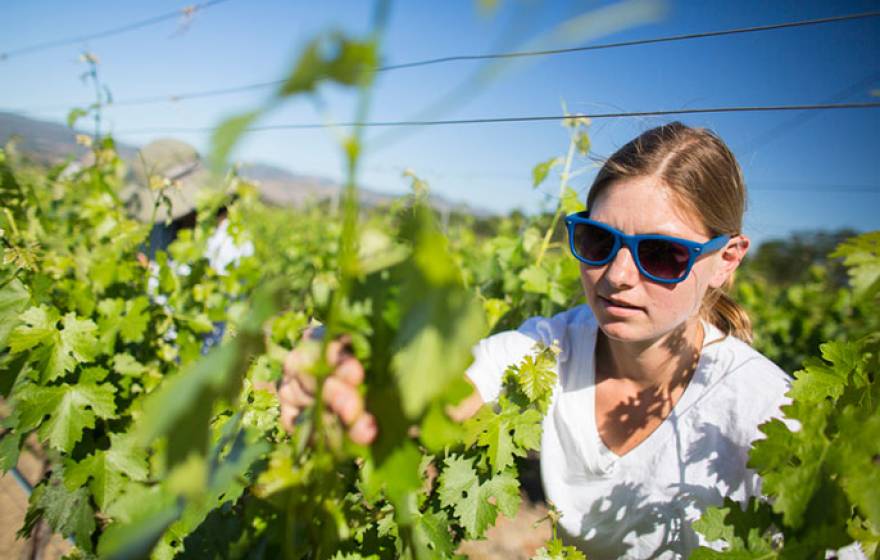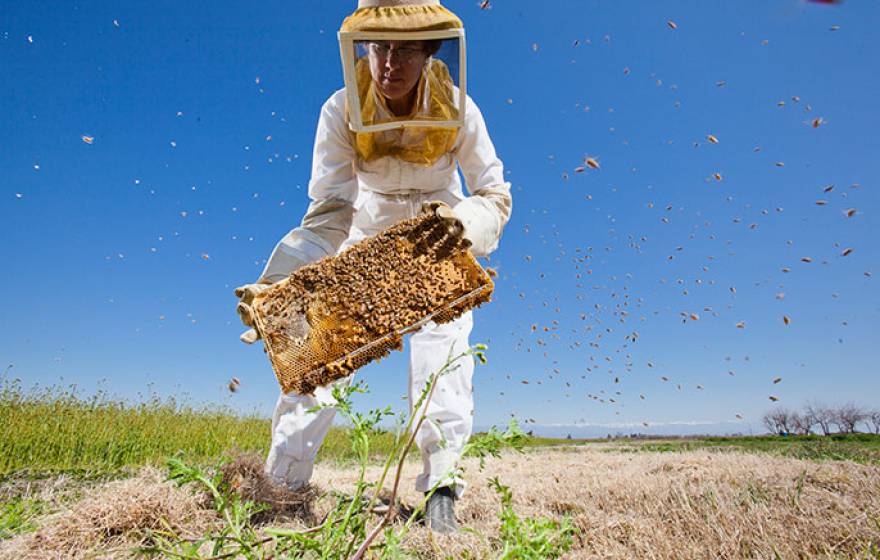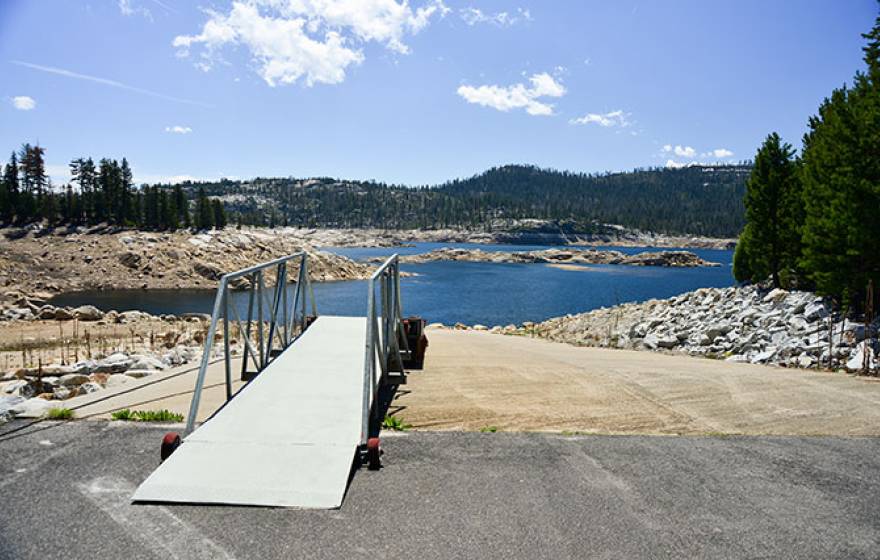UC San Diego |
Researchers find gene mutation that restricts vision to black and white
Gene mutation strips color from sight and causes near-blinding sensitivity to bright light.
UC Berkeley |
Poor sleep linked to toxic buildup of Alzheimer’s protein, memory loss
Deposits of beta-amyloid appear to lead to a vicious cycle in which sleep is further disturbed and memory impaired.
UC San Diego |
Programming probiotics for early detection of liver cancer
Genetically programmed over-the-counter probiotics spotlight liver cancer through a urine test.
UC San Diego |
Software reads kids’ expressions to measure pain
Software reads children’s facial expressions to gauge their level of pain.
UC Merced |
Most Americans could eat locally
More than 90 percent of the United States can eat food grown or raised within 100 miles of their homes — a boon for nutrition, the economy and sustainable agriculture.
UCLA |
Even when at rest, our brains prepare us to be social
The brain has a major system that seems predisposed to get us ready to be social in our spare moments.
Fast Company |
Why dogs look like their owners
The resemblance truly exists, according to science. The question then becomes why. A UC San Diego social psychologist has a theory.
Lawrence Berkeley Lab |
New technique allows study of clouds in 3-D
Stereophotogrammetry provides a unique window into clouds, thus improving climate models.
UC San Diego |
Tiny parasite may have big impact on honey bees
Pathogen found to infect larvae as well as adult bees — another factor implicated in colony collapse disorder.
UC San Francisco via The Conversation |
We trust kids to know what gender they are
That is, until they go against the norm: addressing transgender issues in children.
Science Today |
One pill makes you compassionate
In a new study at UC Berkeley, researchers found people were more willing to distribute money equally when they were given tolcapone, an FDA-approved drug used to treat Parkinson’s disease.
UC Irvine |
Dealing with drought Down Under
Melbourne, Australia, cut its water use by half during its worst-ever drought without rate hikes.










